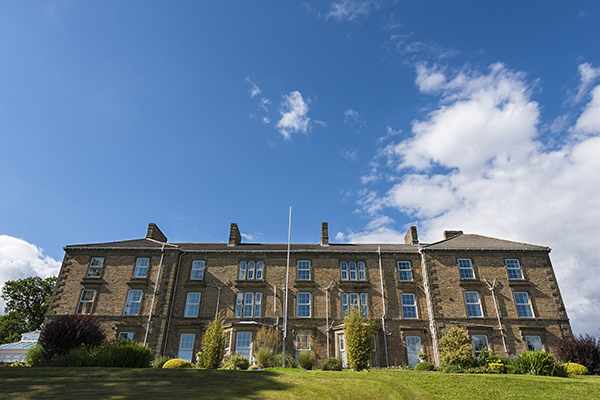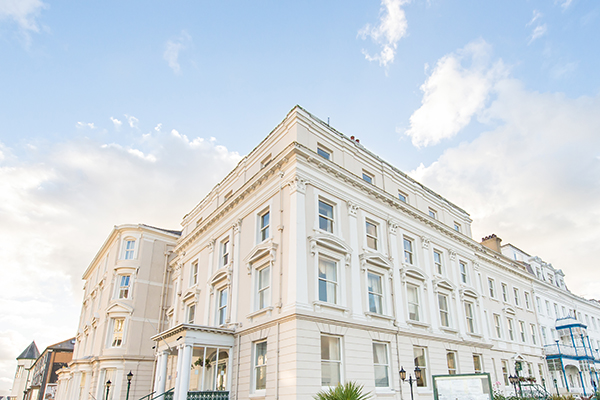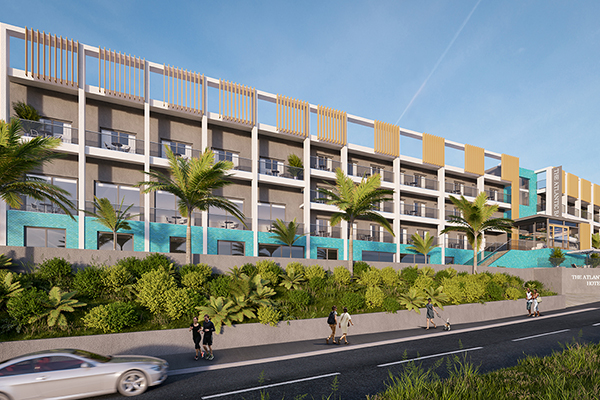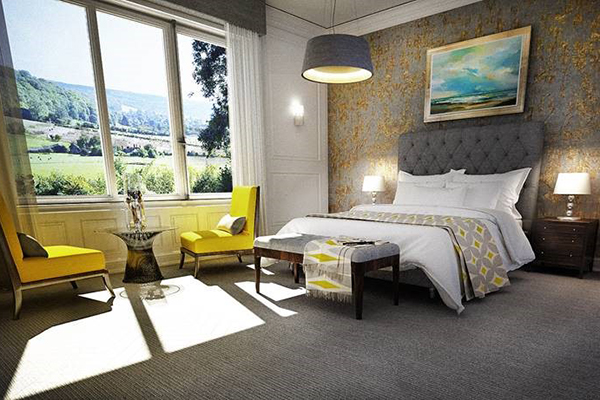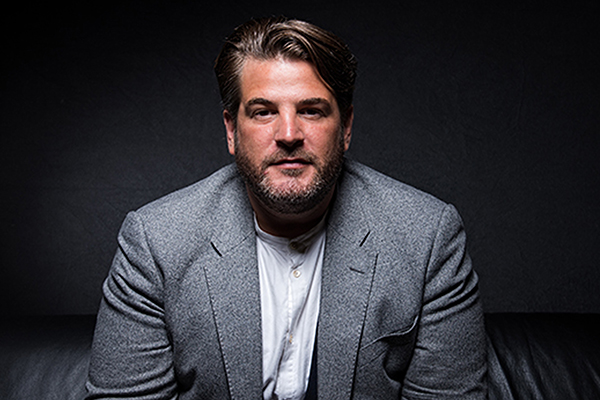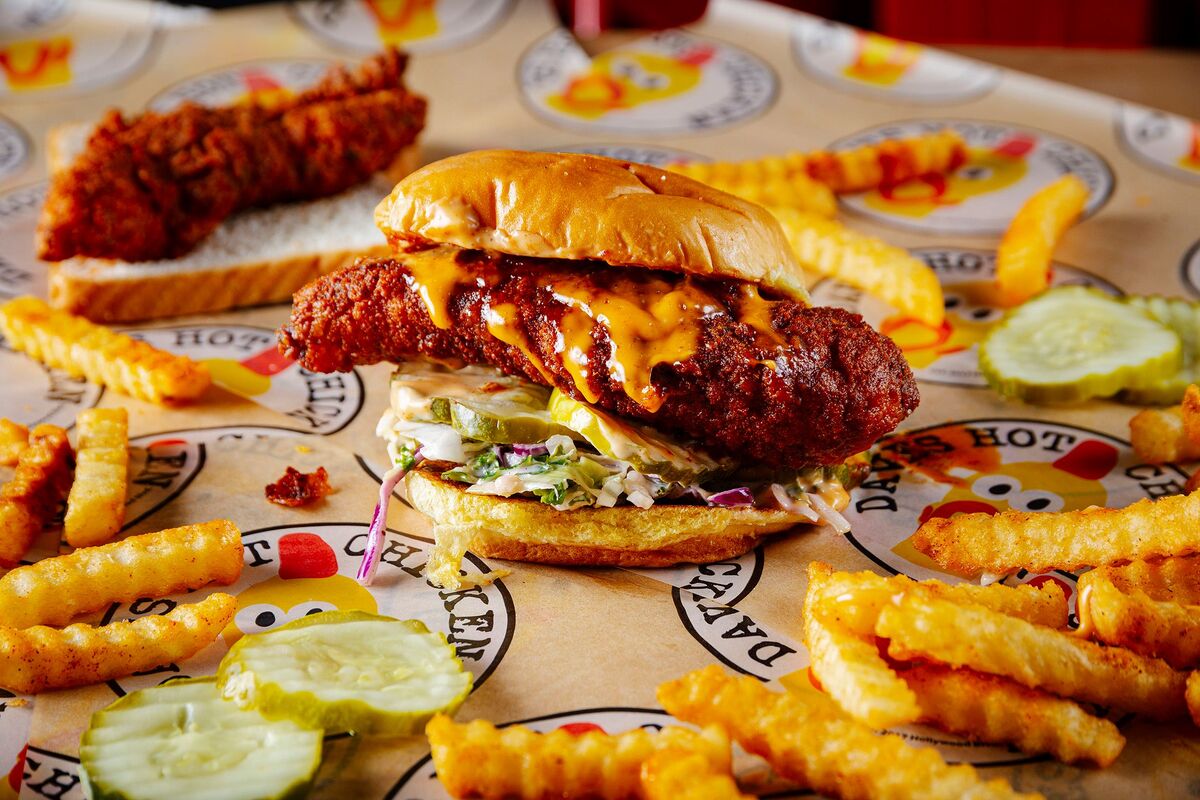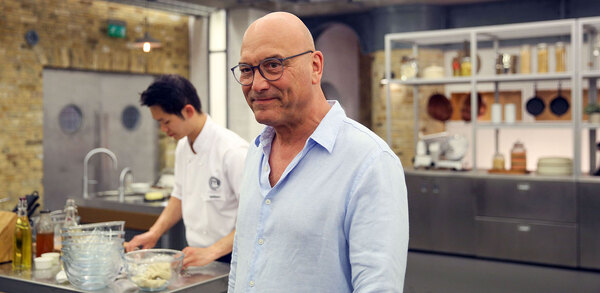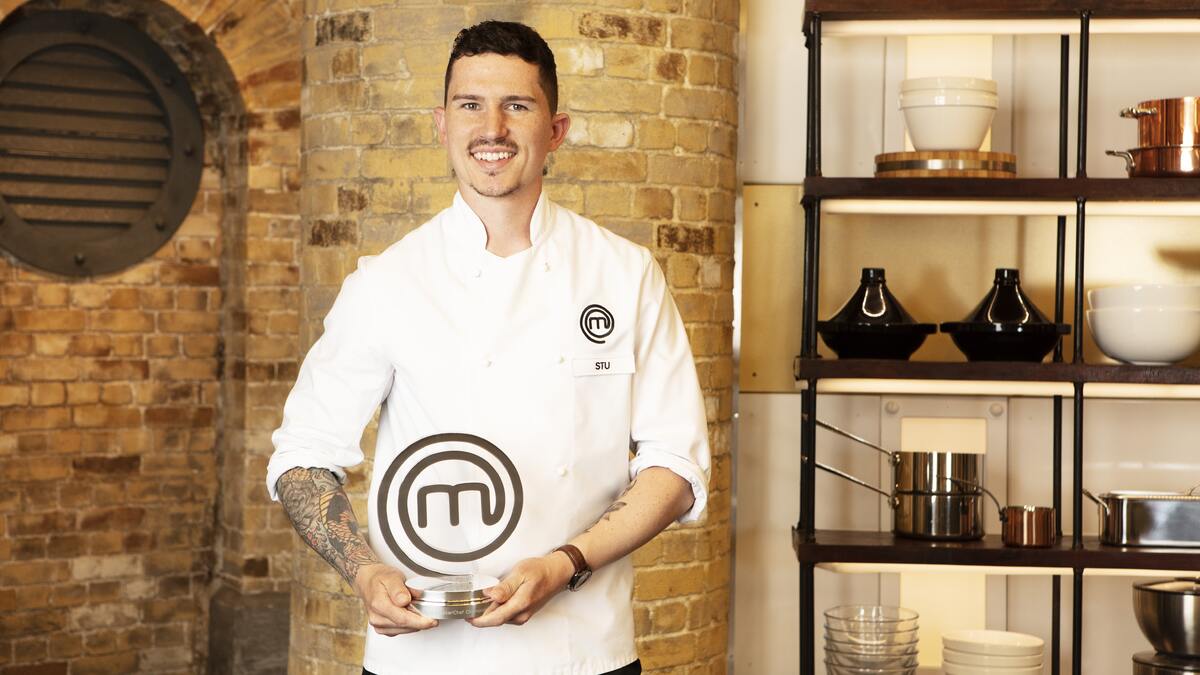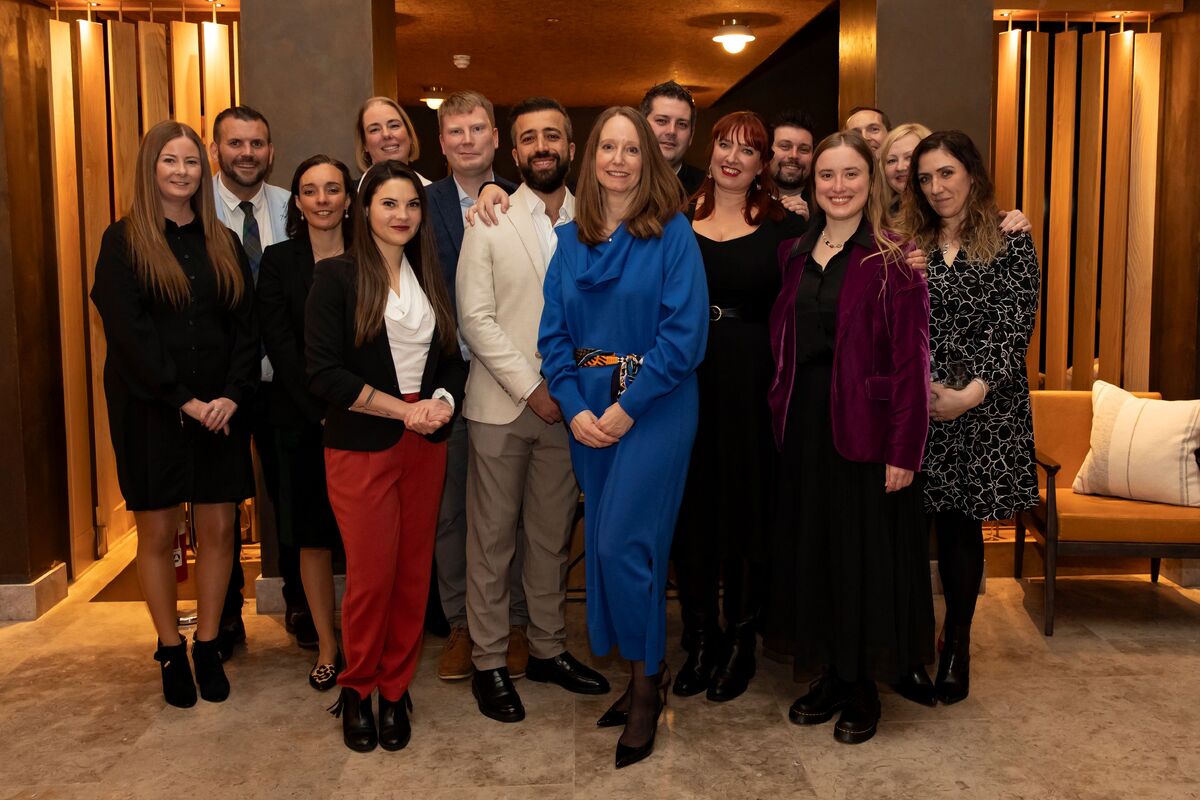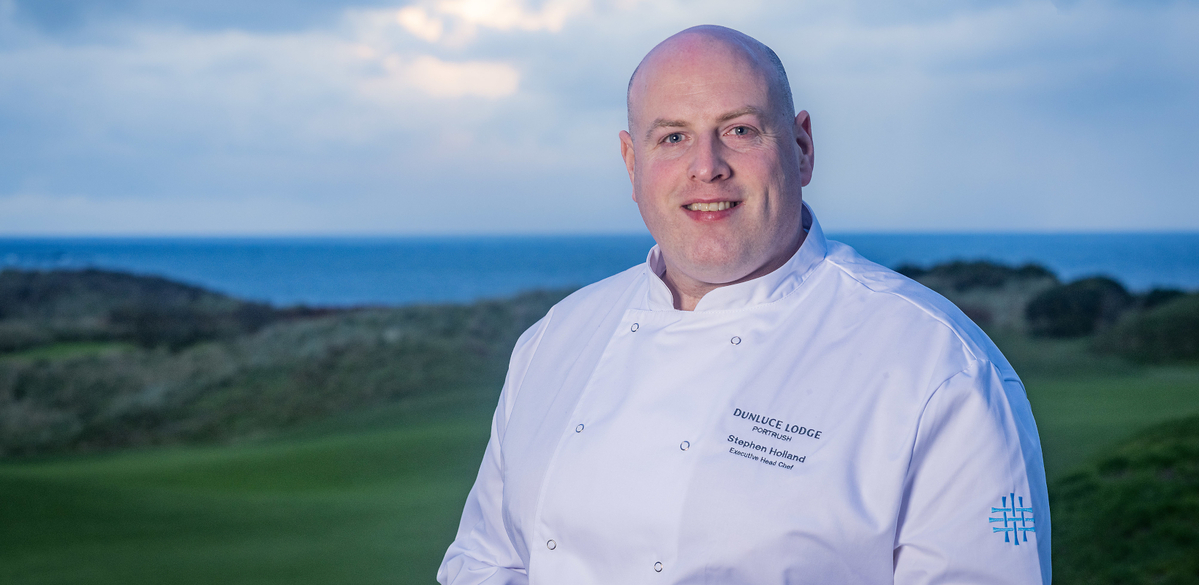The Caterer interview: Richard Lewis, chief executive of NPD Hotels
The former Best Western Hotels GB boss was made chief executive of Northern Powerhouse Developments Hotels last year to oversee its rapid expansion. He talks to Katherine Price about the group's plans to hit 40 properties by 2020
What is different about Northern Powerhouse Developments [NPD]?
We buy the properties with investors. We don't go to a bank, which then decides if it's going to lend us the money. We make the decision and decide how much we have to invest to get the hotel to where we want it to be. We have our own construction company, so we will render or even build a room. We determine how many of the rooms we have to sell, depending on how much we get the property for and how much we have to spend on it. We then go to market and we get the money from investors.
There is usually a deferred completion date of perhaps 12 months, during which time we're getting investors' money to come in. When it completes, the investors' money is in the bank, we buy the property in cash with the investors' money, and then we renovate it.
Who are the typical investors? Do you buy the freehold or the leasehold?
Our investors are generally individual business people with diverse property portfolios; it's a 50:50 split between UK and overseas investors.
We buy the freehold and we sell a 125-year lease to the investors. They then lease back to us the room that they've bought for a period of 10 years. We pay them a rent and they pay us a ground rent, which is nominal. They have no say in the running of the hotel, they have no part of the profit, it is simply that they have invested and they become the landlord of that room. We can pay their money back to them at any time during the period, but they can't force us to buy the room back from them until year 10. If, for example, we wanted to sell a hotel, we could pay off all our investors and sell the hotel unencumbered to a buyer.
Why do it like that?
It was made necessary through the collapse of Lehman Brothers in 2008. The banks decided the hotel asset class was not one in which they wanted to be involved. They weren't lending, and they were also forcing hotels to sell. Gavin [Woodhouse, NPD chairman] wanted to invest, but there was no money. It was born out of need, because there was an opportunity without any finance available.
How much do you invest in the properties?
As a company we are, in the grand scheme of things, small, but weâre growing rapidly. In July 2017 we had three hotels. I was looking at this book called The 10X Rule and it says set your bar and multiply it by 10. It says healthy competition is not what your goal is; your goal is to have no competition, to be a monopoly and dominate the market. So 40 hotels by 2020 â" if you add it up thatâs probably one every month â" a huge target for a small team. By the end of this year we could be at something like 14 or 15.
As we build, it will get much easier. But it also depends on the market, on the ability to buy the right hotel at the right price, so there are lots of ifs and buts, but itâs a good goal and itâs the one that remains with us.
Are you looking at new build or just acquisition?
We havenât got anything on our books that is construction from the ground up. We are looking at a property in Wales that has never been a hotel, but itâs an extraordinary building with quite a lot of land and it would be a great hotel â" weâre looking at the feasibility.
What properties are you looking to bring into your portfolio?
Coastal properties or those in rural areas. Weâre also moving a little bit into what you might refer to as secondary cities, to spread out our revenue over the year â" naturally the coastal properties will be somewhat seasonal.
Weâre usually looking for hotels that have been unloved and perhaps not as well run as they could be. We go in and put systems and standards in place and operate the hotels under Giant Hospitality [NPDâs operating company].
Is the underinvestment of British seaside areas a concern?
Weâre not looking to invest in those at the present time. We do look at the opportunities, we speak to the councils and try to understand what their vision is â" but sometimes the vision can be zero. If we were to invest in those areas weâd be in a solo fight trying to turn the town around; it would never work â" we just donât have the money.
What about Brexit?
The exchange rate may help us, because people may not be able to afford to go overseas. Itâs a mystery, but we donât think itâs going to have such a detrimental effect as reported. In terms of incoming tourists, the vast majority of our business is British. However, some of the best workers without a doubt in our industry are Eastern European, and thatâs the concern.
How are you finding recruitment?
At the moment weâre OK, but there are challenges on the horizon. One of the big things about Brexit is that thereâs meant to be no freedom of movement. According to Theresa May, EU nationals can stay here if they want to be here, but once theyâve gone, are others going to come here?
How are you ensuring that youâre an attractive place to work?
Itâs not all about the guest. Other people will tell you the guest comes first, but for us itâs the team. If the team are happy and come into work wanting to be there, the guest will be happy because of the way the team operates. If you think youâre putting your guest first and youâre not getting the team right, then inevitably the guest will get substandard service.
What does your role involve?
Paul [Rogers, chief operating officer of NPD Hotels] and I focus on running a profitable hotel company, and thatâs a challenge because weâre in difficult times. My job is to inspire the teams and to give them the tools to do the job.
What do you think is the value of a brand for a property?
A brand is a promise. At the moment there is nothing that is a cohesive element to our business because we are expanding so quickly. Itâs a question of what we do behind that as to what the value of a brand is. If anything, the brand doesnât add any value. If the brand delivers on the promise that is made, then it adds value; through association it then has value.
How are you ensuring the company survives in such an oversaturated market?
With regards to profitability, weâre focusing on top line and costs. We need to look at systems technology integration, revenue management tools, people like [hotel revenue management and strategy software supplier] Duetto.
On the revenue side we should, in the places we are with the knowledge we have within the team, be better than other hotels in those destinations. Itâs not a disparaging comment â" a lot of hotels in the destinations where we have our hotels may not know the systems we have in place or understand revenue management. We do.
Is the ultimate goal to sell the portfolio?
There is an exit strategy, which is dependent on where we are at that time. If, for example, we build a rather eclectic group of 40 properties, it might be too complex for one hospitality group, so would it then go to a pension or an inheritance fund? It may do. It depends what we have built up as to who might be a potential buyer. Itâs too far in the future for us to really say.
There is a time in mind, but in business if you donât have flexibility, youâre in trouble. Weâre going to keep looking at the market to understand where we are, keep understanding what the potential is, where we want to go, where we are being stretched, whatâs working, and then do more of the things that bring value and less of the things that donât.
Weâre a fledgling, young, dynamic company that is learning. Gavin knows what heâs doing, heâs got a plan and weâre right behind him.
Richard Lewis
Lewis helped restructure Best Western Hotels GB during the four years he spent at the group as chief executive. He had previously worked for the Savoy Hotel Group, Forte, Le Méridien and Preferred Hotel Group. After leaving Best Western in 2015, he spent two years in Dubai as chief executive of Landmark Hotels, the operator of nine properties in the United Arab Emirates and Saudi Arabia.
NPDâs hotel assets
Open and operational
- Gilsland Hall hotel, Brampton, Cumbria (92Â bedrooms, Premier collection)
- The Imperial Crown, Halifax, West Yorkshire (42 bedrooms, Boutique collection)
- The Esplanade hotel, Scarborough, North Yorkshire (74 bedrooms, Classic collection)
- Fourcroft hotel, Tenby, Pembrokeshire (40Â bedrooms, Premier collection)
- Fishguard Bay hotel, Goodwick, Pembrokeshire (60 bedrooms, Classic collection)
- The Queenâs hotel, Llandudno (68Â bedrooms, Classic collection)
- Llandudno Bay hotel (61 bedrooms, Premier collection)
- The Belmont Llandudno (27 bedrooms, Boutique collection)
Under development
- Afan Valley Adventure Resort, Port Talbot, Neath (100 bedrooms)
- Dunsmore Hall Country Hotel, Rugby (56Â bedrooms, Manor collection)
- Caer Rhun Hall, Conwy (71 bedrooms, nine villas, Manor collection)
- The Atlantic Bay hotel, Woolacombe, Devon (95 bedrooms, Premier collection)
Gavin Woodhouse
He launched Northern Powerhouse Developments to focus on developing investment in the leisure and tourism industry. He is also the founder of the MBI care home group, and chairman of Strada media group and Ideal Student Accommodation.



